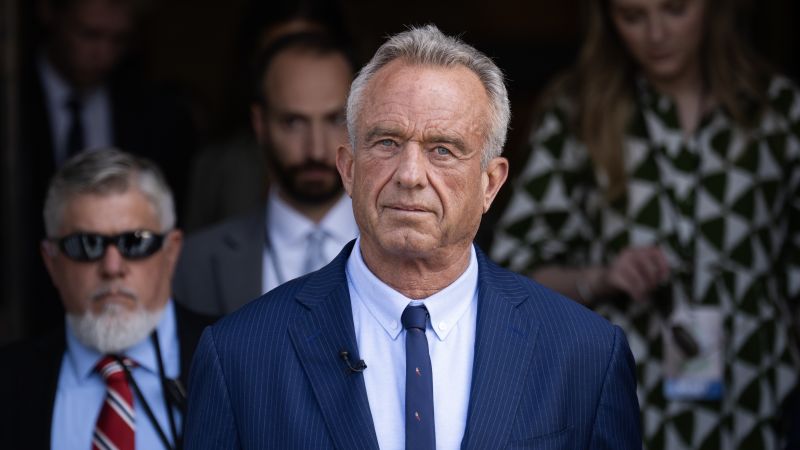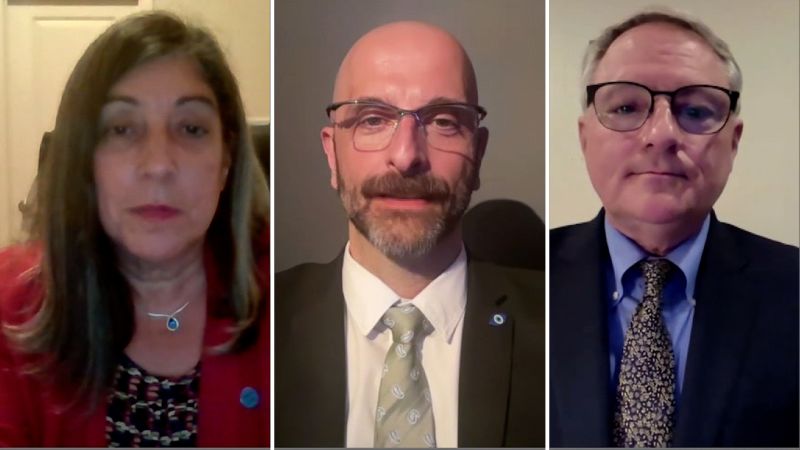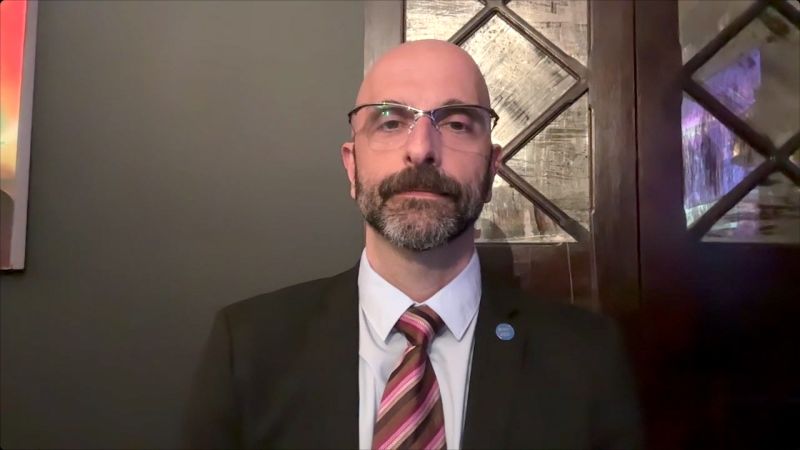
Implications of Robert F. Kennedy Jr.'s Anti-Vaccine Advocacy
Opinion | 8/18/2025
Robert F. Kennedy Jr.’s anti-vaccine stance has triggered concerns within the pharmaceutical industry, warning of potential repercussions that could lead to the removal of vaccines from the market. During a meeting at Mar-a-Lago in December, President-elect Donald Trump reportedly allayed fears among pharmaceutical executives from Eli Lilly and Pfizer about Kennedy’s role in the Department of Health and Human Services.
Manufacturers have expressed apprehension over Kennedy’s anti-vaccine advocacy, emphasizing the risks associated with his proposed strategies. The pharmaceutical companies caution that such approaches could have far-reaching implications, potentially compelling them to withdraw vaccines from circulation, thereby impacting public health initiatives.
Despite Trump’s reassurances regarding Kennedy’s appointment, concerns linger within the industry regarding the implications of an anti-vaccine advocate leading a crucial healthcare department. Experts suggest that Kennedy’s anti-vaccine stance poses significant challenges not only to manufacturers but also to public health efforts aimed at promoting vaccination as a cornerstone of disease prevention.
Kennedy’s vocal opposition to vaccines has sparked debate and raised questions about the balance between individual beliefs and public health imperatives. While some support his advocacy as a defense of personal choice and health freedom, others view it as a threat to established immunization programs that safeguard communities against infectious diseases.
The ongoing discourse surrounding Kennedy’s anti-vaccine stance underscores the complexities of navigating public health policies amid differing ideological perspectives. As stakeholders continue to grapple with these issues, the potential ramifications of such advocacy on vaccine availability and public health outcomes remain a topic of significant concern and debate.


